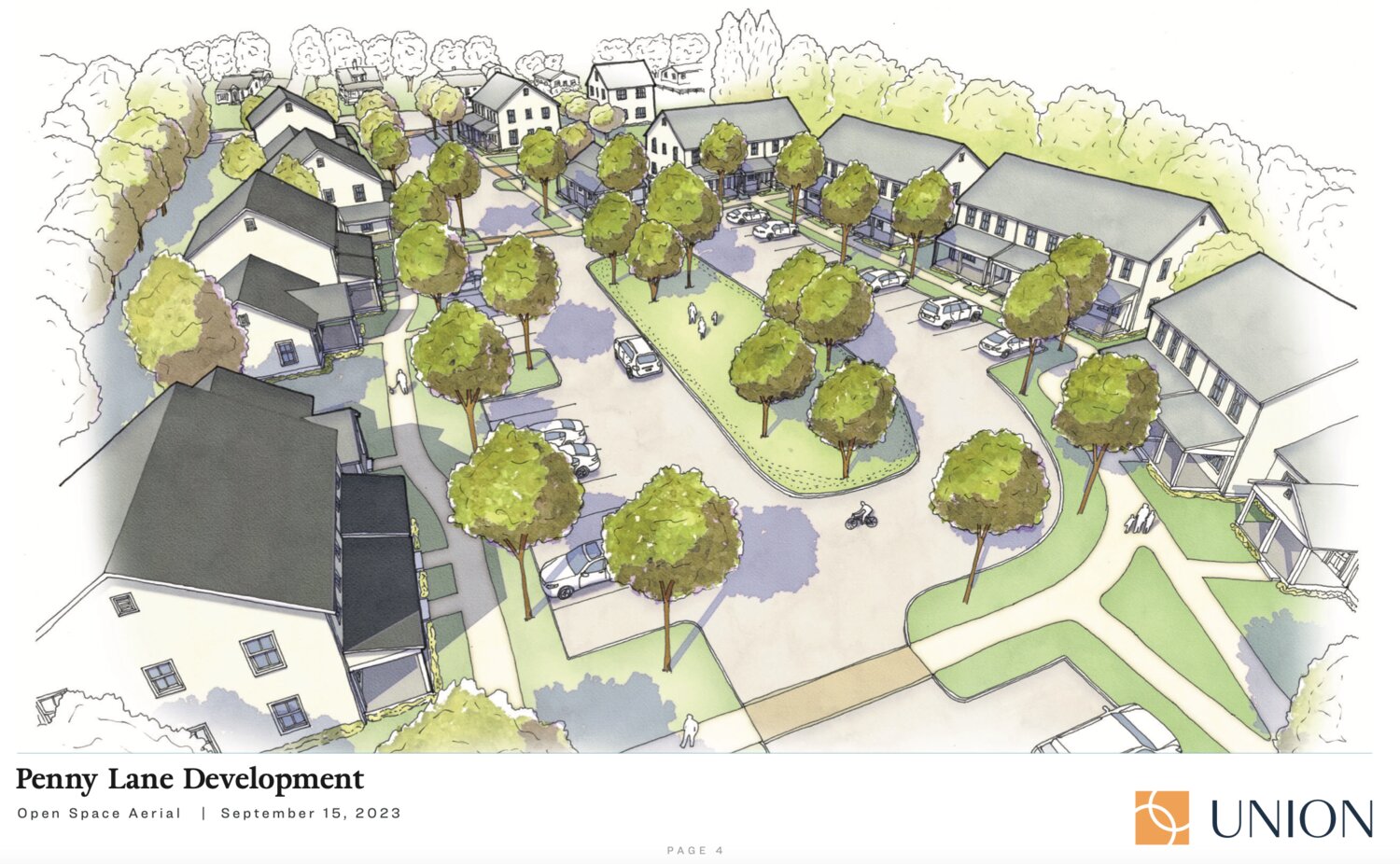Warren Planning Board removes unit restriction on Child Street development
The Warren Planning Board officially rescinded a condition on the approval they granted to the East Bay Community Development Corporation (East Bay CDC) of Bristol back in January to construct a 40-unit affordable housing development at 581 Child St., called “Penny Lane”, during a special meeting on Monday night.
This item is available in full to subscribers.
Please log in to continue |
Register to post eventsIf you'd like to post an event to our calendar, you can create a free account by clicking here. Note that free accounts do not have access to our subscriber-only content. |
Day pass subscribers
Are you a day pass subscriber who needs to log in? Click here to continue.
Warren Planning Board removes unit restriction on Child Street development
The Warren Planning Board officially rescinded a condition on the approval they granted to the East Bay Community Development Corporation (East Bay CDC) of Bristol back in January to construct a 40-unit affordable housing development at 581 Child St., called “Penny Lane”, during a special meeting on Monday night.
As we reported a couple weeks ago, the Planning Board announced during their last meeting that they learned after granting a conditional approval on Jan. 3 — where the development would only be allowed to go forward if the East Bay CDC capped the number of units to 25 instead of their proposed 40 — that the restriction, intended to reduce the overall density of the project, would not hold up to an appeal in court.
“That was based on thinking that we were dealing with a zoning regulation that does not apply in this case,” explained Chairman Frederick Massie. “Once we were advised on that, [we] realized that to maintain that condition would put the town at risk, to drag out a process unnecessarily, and expensively, both for the town and for the applicant.”
Assistant Town Solicitor Benjamin Ferreira reiterated that the argument put forth by East Bay CDC — that reducing the number of income-restricted apartments, 100% of which would be marketed at 60% of the area median income, would make the project unfeasible — would not hold up under legal scrutiny.
“Their position would be that is illegal,” he said, adding that under new housing legislation enacted by the general assembly that took effect on Jan. 1, the developer would be within their rights to put 54 units there above and beyond the planned 40 units.
The planning board voted unanimously to remove the condition of the approval, which means they will take up the matter again for preliminary approval at a future meeting.






